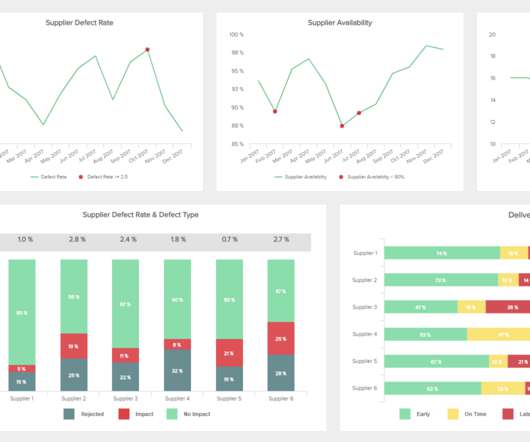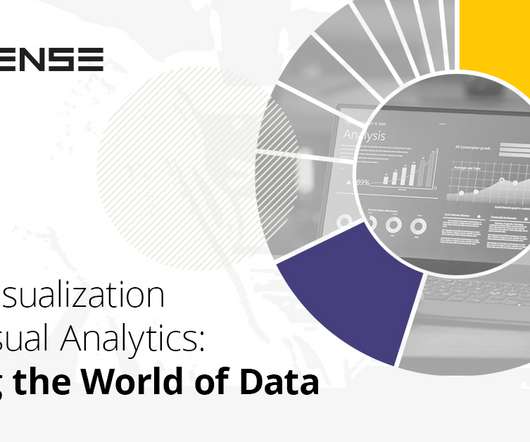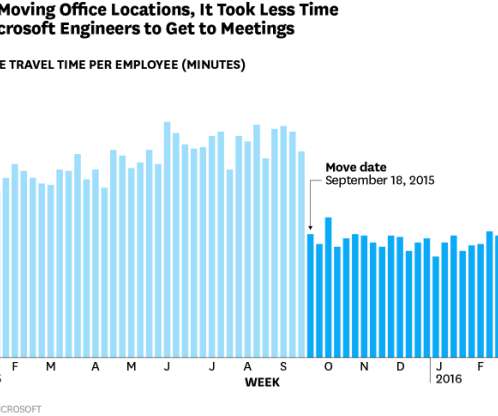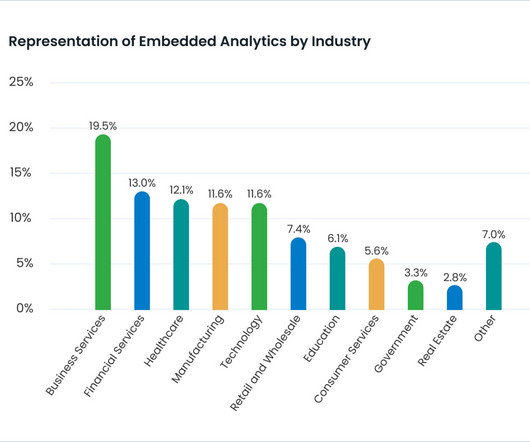What is business intelligence? Transforming data into business insights
CIO Business Intelligence
JANUARY 20, 2023
Business intelligence definition Business intelligence (BI) is a set of strategies and technologies enterprises use to analyze business information and transform it into actionable insights that inform strategic and tactical business decisions.


















Let's personalize your content